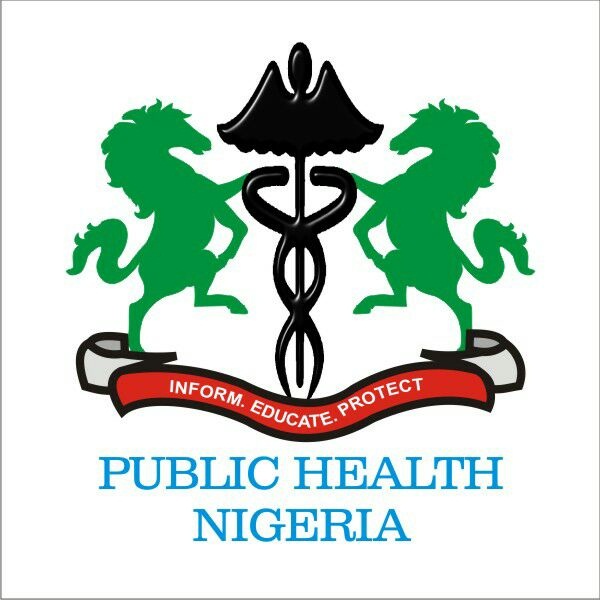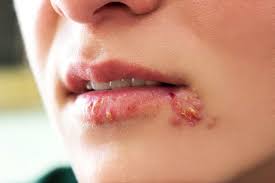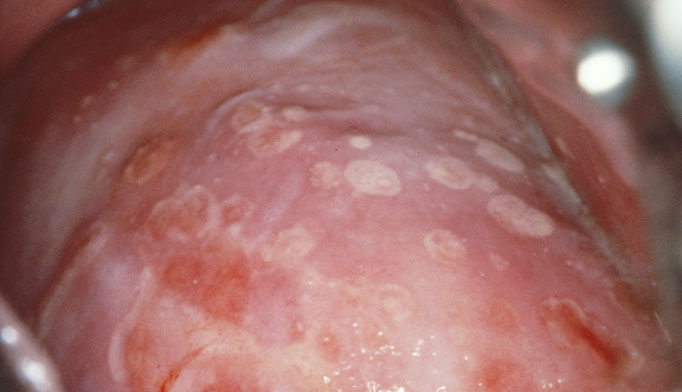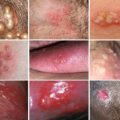What is Herpes?
Herpes is a sexually transmitted infection (STI) caused by the herpes simplex virus type 1 (HSV-1) or type 2 (HSV-2). Genital herpes is generally defined as an HSV infection of the groin, pubic area, urethra (the tube that allows urine and semen to pass out of the body), vagina, vulva, cervix, clitoris, labia, penis, perineum (the area between the anus and the scrotum or vagina), anus, rectum or buttocks.
HSV-1 usually infects the mouth or lips but can also infect the genital area. HSV-2 usually infects the genital area. A person can be co-infected with both HSV-1 and HSV-2. HSV infects the epithelial cells (top layers) of the skin and the mucous membranes (the “wet” linings of the body). The virus then travels to a nerve root called a ganglion at the base of the spine. HSV stays in the ganglion for the rest of a person’s life. Periodically, the virus travels back to the skin or mucous membranes, which may or may not cause symptoms (lesions) to occur
How is genital herpes transmitted?
HSV is transmitted through direct skin-to-skin contact with an HSV lesion and it can also be spread through contact with a partner’s infected oral or genital area. When the virus is shed (released) from infected skin it can be present in genital or oral secretions. Transmission can occur when the infected partner has no visible lesions and, in many cases, is not aware of the infection. HSV can be spread through sexual contact.
HSV-1 is usually transmitted by kissing. (Oral HSV-1 is a very common infection with or without symptoms. When HSV-1 symptoms appear on the lips they are referred to as “cold sores.”) HSV-1 can also be spread from the mouth to the genitals or anus during oral sex. Although it is less likely, HSV-1 can also be transmitted via genital-to-genital contact and anal intercourse.
HSV-2 is most often transmitted by vaginal and anal intercourse. HSV-2 can spread from a person’s genitals to another person’s mouth during oral sex, although HSV-2 infections of the mouth are rare. Condomless vaginal and anal intercourse and oral sex are considered high risk for HSV transmission. Although lower risk, fingering, hand jobs, and sharing sex toys can transmit HSV. Genital HSV-1 or HSV-2 can be passed to a fetus or newborn during pregnancy or childbirth. The risk of transmission is higher if the pregnant person is experiencing a first (primary) HSV outbreak.
Can you spread herpes without a flare-up?
Yes. Even when no sores are present, the herpes virus is still active in the body and can spread to others. … The herpes virus can live outside of the area that a condom covers, so a condom may not always prevent the spread. Avoiding sex during outbreaks (herpes is much more likely to spread during outbreaks).
Triggers For Herpes Symptoms
Sexual intercourse
Some people find that the friction of sexual intercourse irritates the skin and brings on symptoms. Using a water-based lubricant can help reduce irritation. Don’t use one that contains the spermicide nonoxynol-9, however. Nonoxynol-9 can irritate mucous membranes, such as the lining of the vagina. Oil-based lubricants are a no-no, too. They weaken latex, making condoms more likely to break. Even if the friction of intercourse seems to be a trigger for symptoms, it probably won’t cause a flare-up every time.
Colds and sunlight
Sunlight is a relatively common trigger for HSV-1, or oral herpes. Because the genitals are rarely exposed to sunlight, it’s not a common trigger for genital herpes. The main reason sunlight can cause herpes outbreaks is the presence of ultraviolet (UV) radiation. Sunlight seems to trigger outbreaks of oral herpes (cold sores), but no proof exists that they trigger genital herpes outbreaks.
Hormones
Hormonal changes, like those that occur in the menstrual cycle, can affect genital herpes outbreaks. A study published in the Journal of virology reported that progesterone increases susceptibility and decreases immune responses to genital herpes infection. Results showed that Depo-Provera treatment changes susceptibility and local immune responses to genital HSV-2 infection.
Weak immune system and Surgery
Trauma to the body, such as having surgery, may make herpes symptoms appear. Having a weakened immune system does, too. People whose immune systems are weakened by HIV or chemotherapy, for example, tend to have outbreaks more often than people with normal immune functioning.
Remember that triggers may not be the same for everyone, and doctors are not certain how much lifestyle affects herpes symptoms. If you think one triggers your symptoms, ask your doctor what you should do about it.
What is Herpes Outbreak?
When blisters and other genital herpes symptoms show up, it’s called an outbreak. You might notice some warning signs a few hours or days before outbreaks flare up, like itching, burning or a tingly feeling on your genitals. Herpes outbreaks are no fun, but the first one is the worst.
What can be mistaken for a herpes Outbreak?
Contact Dermatitis Can Be Mistaken for Herpes. Contact dermatitis is a skin condition that can cause red, itchy, cracked, dry, or scaly skin, blisters, or a rash. Like herpes, it recurs, and while it’s not an STD when it appears in the mouth or genital area, it may be mistaken for herpes. SEE: Blue Waffle Disease Pictures
How Long Does a Herpes outbreak last
Herpes may lay dormant for years. After the initial infection, the virus can lie dormant in the body and can reactivate several times a year. Genital infection with herpes may not cause any symptoms and the person may not know they have the virus until they pass it on to another person or get symptoms when the virus is “reactivated.” When it comes to how long does a recurrent herpes outbreak lasts, it should be noted that the first outbreak is usually the worst and most painful and occurs within 2-20 days after contact with the virus.
Carriers can transmit the disease without having any symptoms of an active infection. Signs of genital herpes develop within 3 to 7 days after contact with an infected person. Most people with genital herpes have recurring outbreaks. Herpes outbreaks usually last longer without medicine or appropriate treatment. Currently no drug can get rid of the herpes virus but doctors may prescribe an antiviral, such as acyclovir, which prevents the virus from multiplying. Antiviral medications will help the outbreak clear up faster and will also help reduce the severity of symptoms.
Herpes dormancy period
The average is two to four outbreaks a year, but some people can go years without an outbreak. Once a person has contracted HSV, they can transmit the virus even during dormant periods when there are no visible sores or other symptoms. The risk of transmitting the virus when it’s dormant is less
Herpes Prevention
HSV-1 is most contagious during an outbreak of symptomatic oral herpes, but can also be transmitted when no symptoms are felt or visible. People with active symptoms of oral herpes should avoid oral contact with others and sharing objects that have contact with saliva. They should also abstain from oral sex, to avoid transmitting herpes to the genitals of a sexual partner. Individuals with symptoms of genital herpes should abstain from sexual activity whilst experiencing any of the symptoms.
People who already have HSV-1 infection are not at risk of getting it again, but they are still at risk of acquiring herpes simplex virus type 2 (HSV-2) genital infection (see below).
The consistent and correct use of condoms can help to prevent the spread of genital herpes. However, condoms can only reduce the risk of infection, as outbreaks of genital herpes can occur in areas not covered by a condom.
Pregnant women with symptoms of genital herpes should inform their health care providers. Preventing acquisition of a new genital herpes infection is particularly important for women in late pregnancy, as this is when the risk for neonatal herpes is greatest.
Additional research is underway to develop more effective prevention methods against HSV infection, such as vaccines. Several candidate HSV vaccines are currently being studied.
Can you test negative for herpes and still have it?
A “negative” viral culture or PCR result could mean you don’t have genital herpes. But in some cases, a person could still have genital herpes and a negative result. That’s likely due to other factors related to how much virus there is in the sores. You don’t need to do anything to prepare for these tests
Can you live a normal life with herpes?
People with herpes have relationships and live totally normal lives. There are treatments for herpes, and there’s a lot you can do to make sure you don’t give herpes to anyone you have sex with. Millions and millions of people have herpes — you’re definitely not alone.







